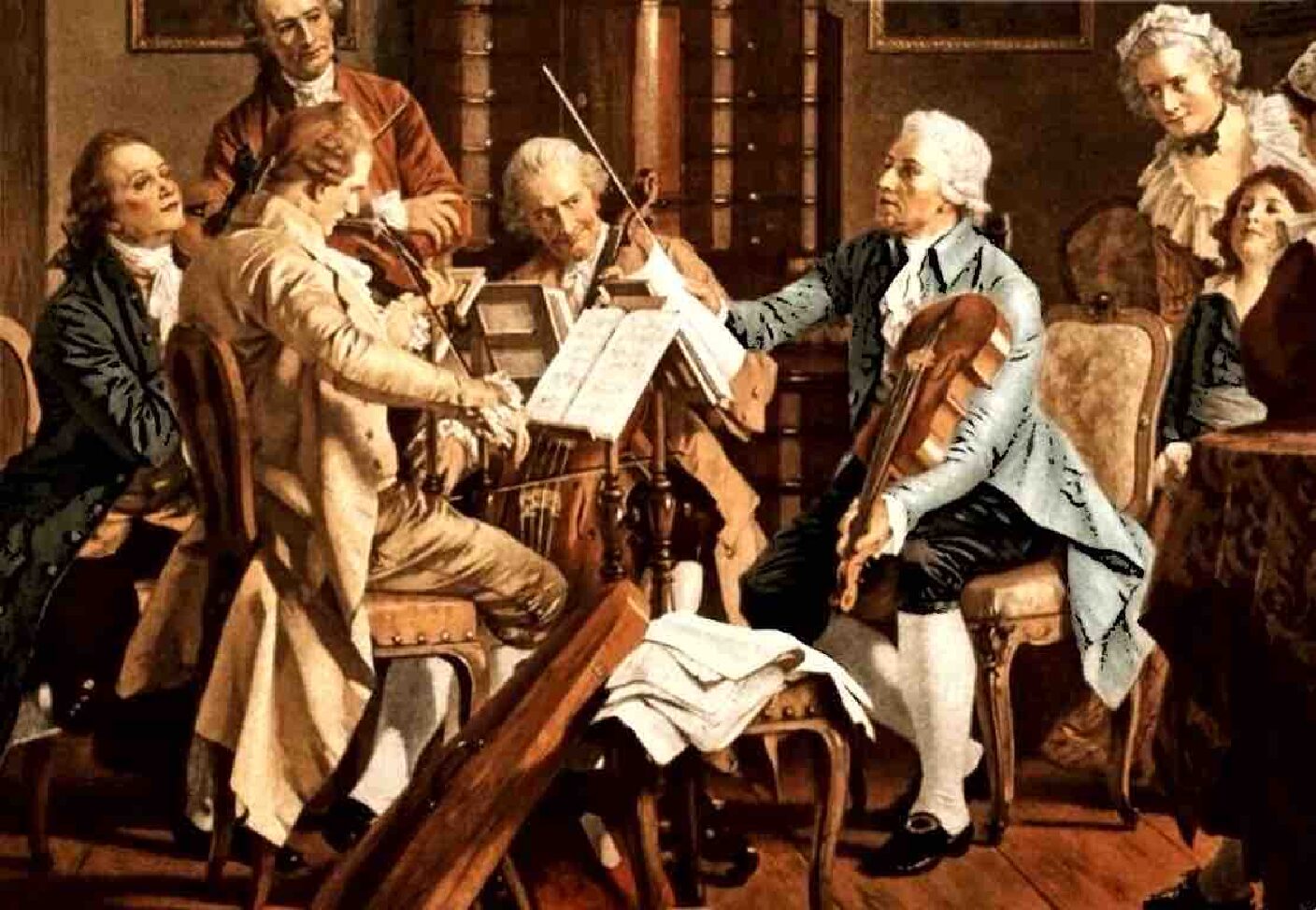Music, a universal language, has evolved over centuries, reflecting societal changes, technological advancements, and artistic expressions. To truly appreciate the music we enjoy today, it’s essential to understand its historical context. Let’s embark on a brief journey through some of the most influential musical eras and the composers who shaped them.
The Medieval Era (roughly 500-1400 AD)
The foundation of Western music was laid during the Medieval period. Music was deeply intertwined with religion, and Gregorian chant, a monophonic vocal style, dominated the scene. While composers often remain anonymous, the era saw the emergence of polyphony, with multiple voices singing independent melodies.
The Renaissance Era (roughly 1400-1600 AD)
The Renaissance marked a rebirth of interest in classical culture. Music became more secular, with composers like Josquin Desprez and Palestrina creating intricate polyphonic masterpieces for both religious and secular contexts. The invention of printing press helped disseminate music more widely, leading to a growth of musical literacy.
The Baroque Era (roughly 1600-1750 AD)
The Baroque era was characterized by dramatic contrasts, elaborate ornamentation, and emotional intensity. Composers like Johann Sebastian Bach and George Frideric Handel dominated the scene. Bach’s mastery of counterpoint and harmony is unparalleled, while Handel’s oratorios and operas remain crowd-pleasers.
The Classical Era (roughly 1750-1820 AD)
The Classical era ushered in a more balanced and elegant style. Composers like Wolfgang Amadeus Mozart, Joseph Haydn, and Ludwig van Beethoven defined this period. Mozart’s brilliance and versatility are legendary, Haydn perfected the symphony and string quartet, and Beethoven expanded the boundaries of classical music with his innovative and emotionally charged compositions.
The Romantic Era (roughly 1815-1900 AD)
The Romantic era was marked by emotional intensity, individualism, and a fascination with nature. Composers like Frédéric Chopin, Franz Liszt, and Richard Wagner pushed the boundaries of musical expression. Chopin’s delicate piano works captured the essence of Romanticism, while Liszt was a virtuoso pianist and composer. Wagner’s epic operas revolutionized the genre with their dramatic scale and innovative harmonies.
The 20th Century and Beyond
The 20th century witnessed a radical departure from traditional forms. Composers like Arnold Schoenberg, Igor Stravinsky, and Béla Bartók challenged traditional tonality and harmony, giving birth to atonal and twelve-tone music. Jazz, blues, and rock and roll emerged as popular genres, reflecting the social and cultural changes of the time.
Key Composers to Explore While this overview scratches the surface, exploring the works of these composers can deepen your appreciation for music history:
- Medieval: Hildegard von Bingen
- Renaissance: Josquin Desprez, Palestrina
- Baroque: Bach, Handel
- Classical: Mozart, Haydn, Beethoven
- Romantic: Chopin, Liszt, Wagner
- 20th Century: Schoenberg, Stravinsky, Bartók
Conclusion This brief journey through music history provides a foundation for understanding the rich tapestry of musical styles. By exploring different eras and composers, you can develop a deeper appreciation for the music you love and discover new favorites along the way. Remember, music is a living art form, constantly evolving and inspiring new generations of musicians and listeners!


